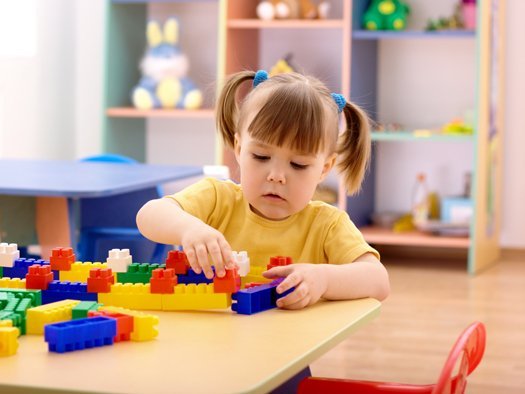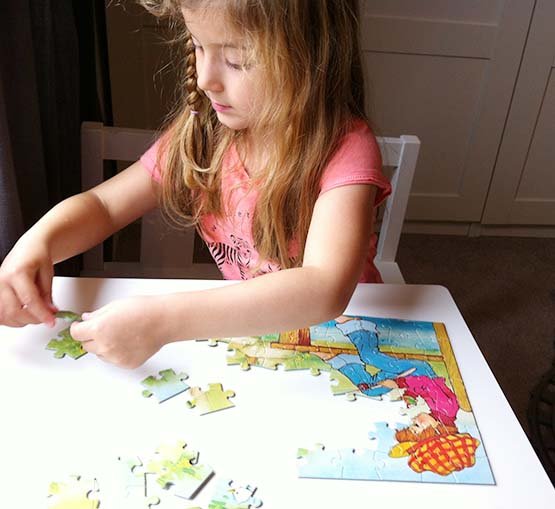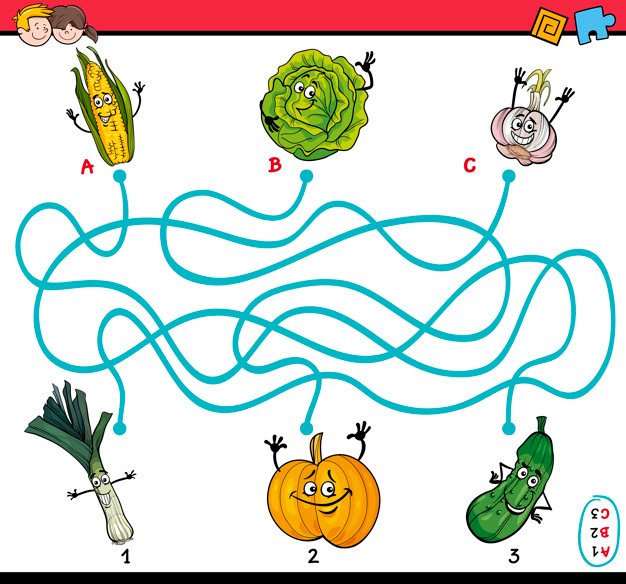Well-developed logical thinking is the ability to analyze any task and draw the correct conclusions, without this ability the child simply will not be able to do it not only in math and physics lessons, but also in everyday life.

Source
Attention should be paid to the development of logical thinking in children 3 to 6 years of age, and the child's parents should know what they should be able to do at this age. Exciting games and exercises designed specifically for preschoolers will aid in the development of children's logic.
The role and development of logic in preschoolers.
Logical thinking is a very complex and extremely necessary process for a child's normal mental, physical, and social development. Their role in children's lives is colossal.
Thanks to logic, children can analyze situations, identify patterns, establish causal relationships and draw conclusions. Logic is the foundation of the most important life skill: understanding the problem and its subsequent effective solution.
Logical thinking is based on figurative thinking. His training begins at the age of 2.5-3 years and lasts for many years. It is very important all this time to maintain favorable conditions for the development of children's logic.
The more information a child receives about the world around him, the greater the probability of intensive and productive development of logical thinking.
Of enormous importance to the logic training process are specially designed exercises and tasks. Presented in the form of games and interactive tasks, they attract children's attention and effectively develop logical thinking skills in children aged 3 to 6 years.
How we develop children's logic.

Source
Existing methods of developing logical thinking in children include puzzles and exercises. They are designed as games, because At preschool age, children perceive the information presented in the best way in the form of fascinating tasks.
Pay attention to the following categories of tasks and exercises:
- Classifications.
Children must learn to distribute the available material in several groups, having determined a previous classification attribute. For example, you can use animal cards and ask your child to divide them into several groups.
There can be various signs: domestic and wild animals, predators and herbivores, etc. To simplify the task for children from 3 to 4 years, express the sign by which they must distribute the objects. Children ages 5 to 6 can do this alone.
- Definition of patterns.
Schoolchildren are often given the task in mathematics of continuing a series of numbers by establishing a given pattern. Children under the age of 6 can perform a similar task, only regularity should be simple.
For children under 5, you can offer other more understandable and visual tasks: to determine what followed, draw a fence or balloons using alternate colors in a certain sequence, etc.
- Find the excess.
Offer your child a series of words and ask them to find an additional word that does not meet the classification criteria.
Instead of words, you can also use images: This option is preferable for children 3-4 years old, because it is easier for them to perceive the information presented visually.
- Labyrinths

Source
Games like "Help the bunny find the way to the mink" are very useful for the development of figurative and logical thinking. Finding the one correct path trains your child's concentration, memory, and analytical skills.
- Edible-inedible.
This kids ball game teaches a child to correlate words / pictures with a specific attribute. There are many variations of the game - you can even play it without the ball, just call different words and ask the child if it is edible or inedible.
- Inferences
As they grow older, the child can perform increasingly complex tasks. For example, at 6 years old, you can offer him little math problems, in the process of solving that it is necessary to analyze the available information.
Today, children's logical exercises can be easily found on educational sites. You can also give your child puzzle books and puzzle toys, if only he were interested in studying himself.
Logical thinking must simply develop in everyday communication. As you walk through the park, tell your child a fictional story: You must find a discrepancy in the story. When you clean the kitchen, ask him to organize the cutlery into cells; You can compare them by shape and classify by this attribute.
Logical thinking in children does not develop in a few weeks or even months. This process captures the entire growth period, but as early as preschool parents can actively train their children's ability for logic.